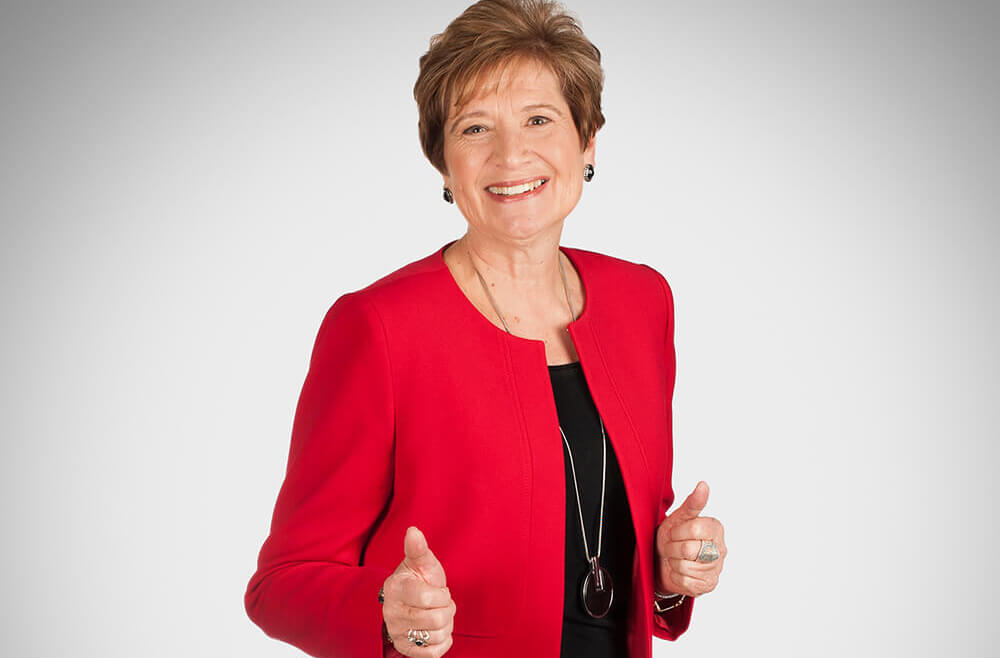
Have you ever noticed when you put a bandage on a problem, it returns? And sometimes with more of a vengeance than when the issue started? Yet our mental health system is still entrenched in the “quick fix” bandage model of recovery—stabilization. Yes, we need to stabilize the consumer but that is only the first step. The only way to get to long-term results with mental health disorders is to develop a long-term recovery model.
Long term recovery takes more than stabilization. It takes acceptance of your illness, changes in the patterns of your behavior, letting go of your past, and starting anew.
Accept Your Illness
The sooner you accept your illness for what it is the sooner you will be on your “road to recovery.” We all have “something”. Until you accept your mental health disorder as your something, you’ll have a hard time moving forward.
Examine Your Behavior Patterns
What behaviors are you clinging too that prolong your episode? You know that exercising regularly, getting enough sleep, and taking your medication consistently is crucial. Not to mention seeing your therapist, praying, journaling, and spending time with friends.
Have things on your calendar to look forward to. These are the wellness behaviors necessary for recovery.
Let Go of Your Past
Your past is just that—your past. When you spend time ruminating over past episodes, past mistakes, past missed opportunities, you end up wasting the present day.
You can’t change where you’ve been or what you’ve done or not done. However, you can change where you are heading.
Start Anew
Each day you can have a brand-new start if you choose so. Begin today with enthusiasm and determination. Make it a better day than yesterday. Start your day off on the right foot by spending time in the present moment. It’s the best place to start!
Reflection Question
What will it take to move you from a “quick fix” to “long-term results”?
About the Author
Carol A. Kivler is a nationally recognized mental health speaker, international executive coach/trainer, and author. Most importantly, she is a passionate consumer advocate for mental health. Carol is available for speaking engagements in the U.S and internationally. Email or call Carol at (609) 882-8988.

